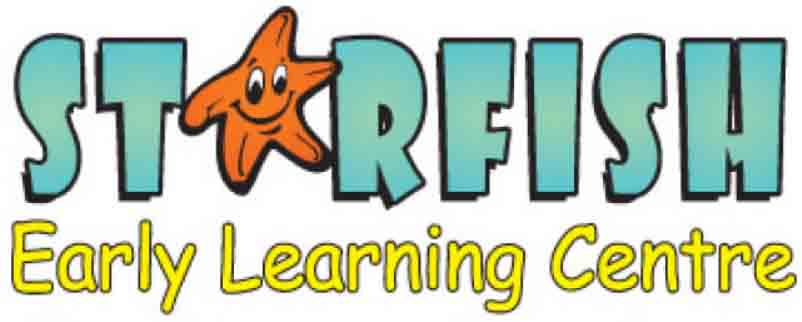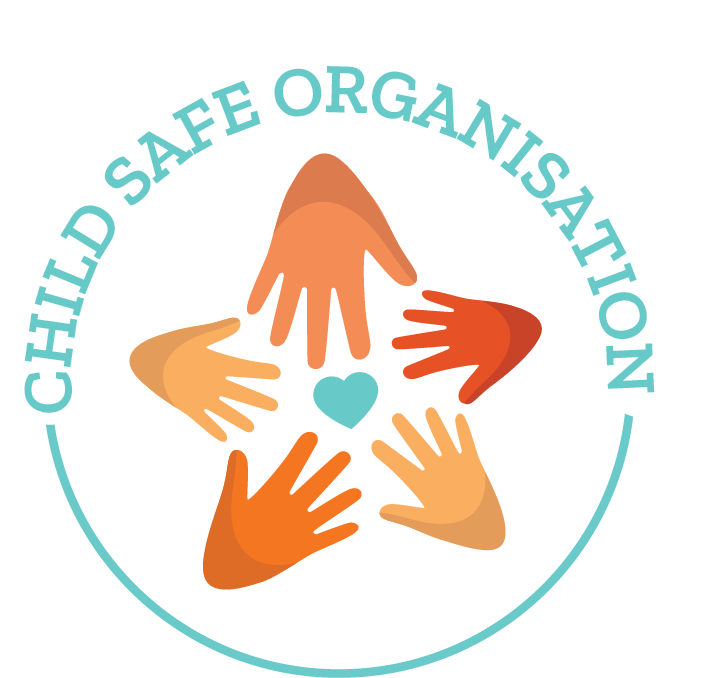Early Childhood Education serves as a pivotal phase in a child’s development, laying the groundwork for future learning and life achievements. At Starfish Early Learning Centre, we’re not merely a childcare facility; we’re a hub for holistic growth. Today, we’ll delve into the indispensable role of early childhood education in a child’s life, and how we strive to fulfil that.
What is Early Childhood Education and why is it crucial?
Early childhood education refers to the formal and informal teaching and care given to children up to the age of five. It’s not just about imparting knowledge; it’s about nurturing curiosity, developing critical thinking skills, and instilling a love for learning. In this period, a child’s brain is remarkably adaptable, making it an opportune time to cultivate cognitive, social, and emotional abilities that will last a lifetime.
More Than Just Playtime
Despite the common notion that kindergarten is mere playtime, structured play activities are actually carefully designed to promote cognitive growth. In our kindergarten program, through games and guided tasks, children learn problem-solving, critical thinking, and creativity.
At the same time, they gain invaluable social skills by interacting with peers and adults, learning how to cooperate, resolve conflicts, and understand empathy. The emotional aspects are equally vital; young children learn self-control, how to identify their feelings, and express themselves appropriately, all under the supportive care of their trained educators.
Benefits of Early Childhood Learning Programs
Early childhood learning programs like those offered at Starfish Early Learning Centre go beyond standard childcare services. Children benefit from structured lesson plans, chef-prepared meals, and carefully-designed play areas that enhance both their mental and physical development. They’re exposed to varied learning environments that foster skills like fine motor coordination, linguistic ability, and even rudimentary mathematics.
How can parents support and enhance their child’s preschool experience?
Not all journeys are without hurdles. Children may face challenges like learning difficulties, social anxieties, or behavioural issues. Parents often worry about their child being ‘ready’ for formal education.
Our childcare philosophy acknowledges that the family is a child’s first teacher, and emphasises parental involvement in their learning journey. Open communication with educators allows for a tailored experience that addresses any challenges head-on.
At home, parents can extend the learning environment by engaging in interactive activities that complement what the child learns at the centre. Reading together, nature walks, or even cooking can be educational when guided purposefully.
Preparing for the Future: The Long-Term Impact of Early Childhood Education
Early education is more than a preparatory step for primary school. It’s a critical stage that impacts long-term academic and career success. Studies have consistently shown that children who receive quality early education are more likely to excel in school, pursue higher education, and attain fulfilling careers. These individuals also demonstrate better social skills and face lower rates of criminal activity, substantiating the far-reaching effects of early childhood education.
At Starfish Early Learning Centre, we take pride in being a cornerstone in your child’s educational journey, setting them on a path to a promising future. With our well-rounded programs and dedicated staff, your child is in capable hands, poised to flourish in every aspect of their development.
To get your child started on their Starfish journey, contact us to book a tour of one of our learning centres or enquire about enrolment.

